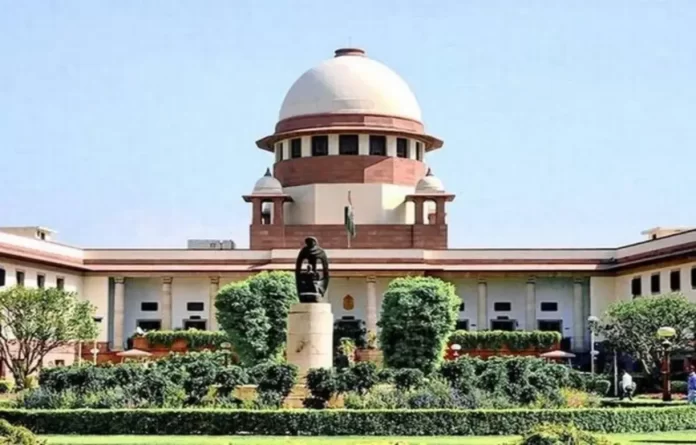The Supreme Court refused to entertain a habeas corpus plea lodged on the behalf of Indian citizen Nikhil Gupta, who is detained in Czech Republic in relation to the plot to assassinate Khalistani separatist Gurpatwant Singh Pannu in America.
Underlining it to be a sensitive issue involving international law, a bench of Justices Sanjiv Khanna and Dipankar Datta refused to intervene. Nonetheless, accepting the request of the petitioner to treat the petition as a representation to the Government of India, the top court bench stated that it is for the Union Government to decide whether to intervene in the matter or not.
The petition was lodged by a family member of Nikhil Gupta under Article 32 of the Constitution, alleging that his arrest was marked by irregularities, including the absence of a formal arrest warrant. The plea also asserted violations of his fundamental rights during over 100 days of solitary confinement, including denial of consular access, the right to contact his family in India, and the freedom to seek legal representation. The petitioner also claimed that he was forced to eat beef and pork in Czech Republic custody, in a direct violation of his religious beliefs.
In the plea, Nikhil Gupta positioned himself as a victim caught in a diplomatic and political quagmire between India and the United States. He has sought the court’s urgent intervention and raised concerns about an immediate threat to his life with reference to Pannu’s status as a declared terrorist in India.
Additionally, Nikhil Gupta has urged the court to issue directions to the home affairs and external affairs ministries of the union government and the Indian embassy at the Czech Republic to immediately trace and produce him. Gupta has also sought the appointment of legal counsel in both the Czech Republic and the United States, with a specific plea for an Indian advocate to represent him, citing language barriers.
Previously, Senior Advocate CA Sundaram, assisted by Advocate-on-Record Rohini Musa, appearing for the petitioner, urged the court to direct Gupta to be provided adequate consular assistance from the Indian Embassy in the Czech Republic as a citizen of India. The Senior Advocate said that was the only relief he was pressing for.
Nonetheless, the bench had expressed its disinclination to interfere, saying that it was for the ministry to decide the extent of their involvement. In addition, Justice Khanna also told the senior counsel that the petitioner would have to go to the court concerned to ventilate his grievances regarding any violation of law. However, the bench agreed to adjourn the hearing until after the winter vacation, as suggested by Sundaram after Justice Khanna admitted that he had not had the time to read the file in detail.


